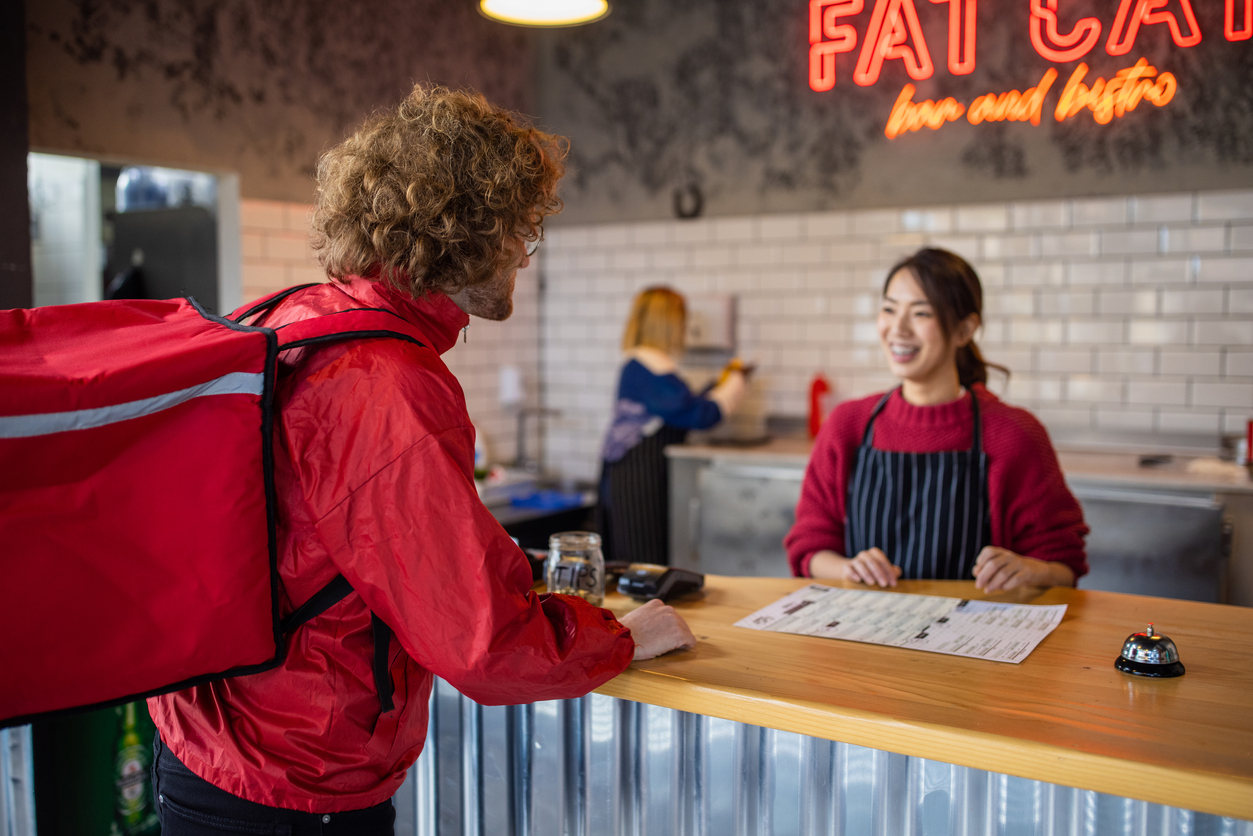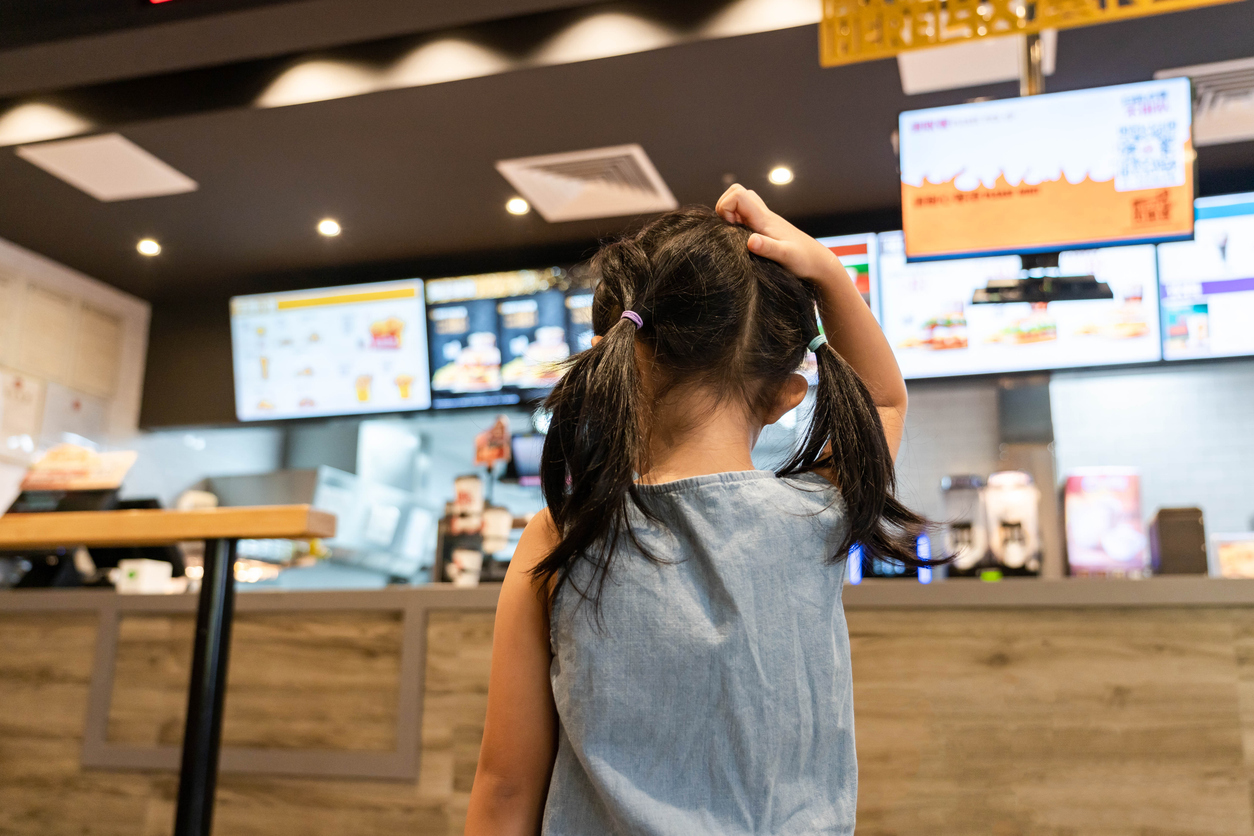The rapid advancements in technology have revolutionized various sectors, including the hospitality industry. As cutting-edge artificial intelligence (AI) systems emerge, restaurants face an ethical dilemma: Should they replace human staff with AI-powered solutions?
Striking the Right Balance: Maintaining a Human Touch While Taking Advantage of AI
While the allure of AI efficiency and cost-effectiveness is undeniable, it is crucial to recognize the importance of striking a delicate balance between technology and the human touch. In this article, we explore the ethical considerations surrounding the implementation of AI in the hospitality industry and propose a harmonious coexistence where human staff and AI work hand in hand to create exceptional guest experiences.
Enhancing Efficiency and Guest Experience
AI technology has the potential to streamline operations, improve efficiency, and enhance the overall guest experience. Automated check-in and checkout systems, chatbots for instant customer support, and AI-powered recommendation engines for personalized suggestions are just a few examples of how AI can augment the efficiency and convenience of hospitality services.
The Human Touch
By leveraging AI to handle routine tasks, human staff can focus on providing genuine, empathetic interactions that foster lasting connections with guests. While AI can handle repetitive tasks with precision and speed, it cannot replicate the warmth, intuition, and emotional intelligence that human staff brings to the table.
The restaurant industry thrives on the personal connections forged between diners and staff. From anticipating needs to offering personalized recommendations, human employees possess the unique ability to empathize, adapt, and create authentic experiences that leave a lasting impression. Retaining human staff ensures the preservation of this indispensable human touch, guaranteeing a level of service that goes beyond mere transactional interactions.
Ethical Considerations
The introduction of AI in the workplace raises several ethical concerns that demand careful attention. One pressing concern is job displacement, as the widespread adoption of AI could potentially lead to unemployment for many individuals. It is crucial for businesses to prioritize retraining and upskilling programs to help employees transition into new roles that require human expertise alongside AI technology.
Achieving Harmonious Coexistence
Rather than viewing AI as a replacement for human staff, the industry should embrace a model of harmonious coexistence. AI technology can augment human capabilities and empower employees to provide exceptional service. By automating routine tasks, AI frees up time and energy for staff to focus on building genuine connections, offering personalized experiences, and addressing complex guest needs. This collaborative approach ensures that both the efficiency of AI and the emotional intelligence of human staff are leveraged to create unforgettable hospitality experiences.
Training and Upskilling
To ensure a successful integration of AI, businesses must invest in comprehensive training and upskilling programs for their employees. This empowers staff to adapt to evolving roles and acquire the necessary technological skills to effectively work alongside AI systems. By equipping employees with the knowledge and tools to leverage AI technology, businesses can create a workforce that is well-prepared to navigate the ever-changing landscape of the industry while delivering exceptional service.
Conclusion
The hospitality industry stands at a crossroads, where the promise of AI technology tempts businesses to replace human staff. However, it is crucial to remember that the true essence of hospitality lies in the human touch. By embracing a harmonious coexistence between AI and human employees, businesses can leverage technology to enhance efficiency while preserving the genuine connections that set the industry apart. Striking the balance between AI advancements and the human touch will pave the way for a future where innovation and compassion coexist to create extraordinary guest experiences.





